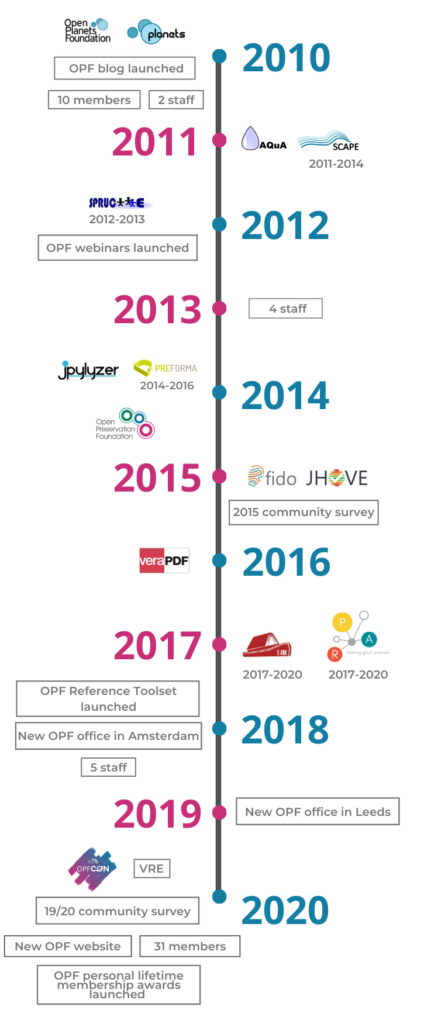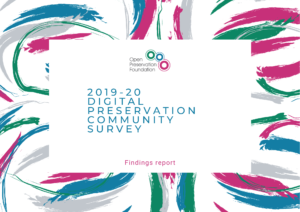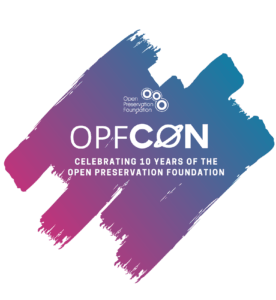I can’t believe it was 10 years ago that the OPF was founded! As 2020 draws to a close, I have been reflecting on some of our achievements from the past decade and digging through some old photographs…
The EU Planets project is where it all started. Planets’ goal was ‘to build practical services and tools to help ensure long-term access to our digital cultural and scientific assets’. At the end of the four-year project, the Open Planets Foundation (as it was originally called), was established to provide a sustainable home for the open source results of the project, and to build upon the strong collaborative relationships between partners.
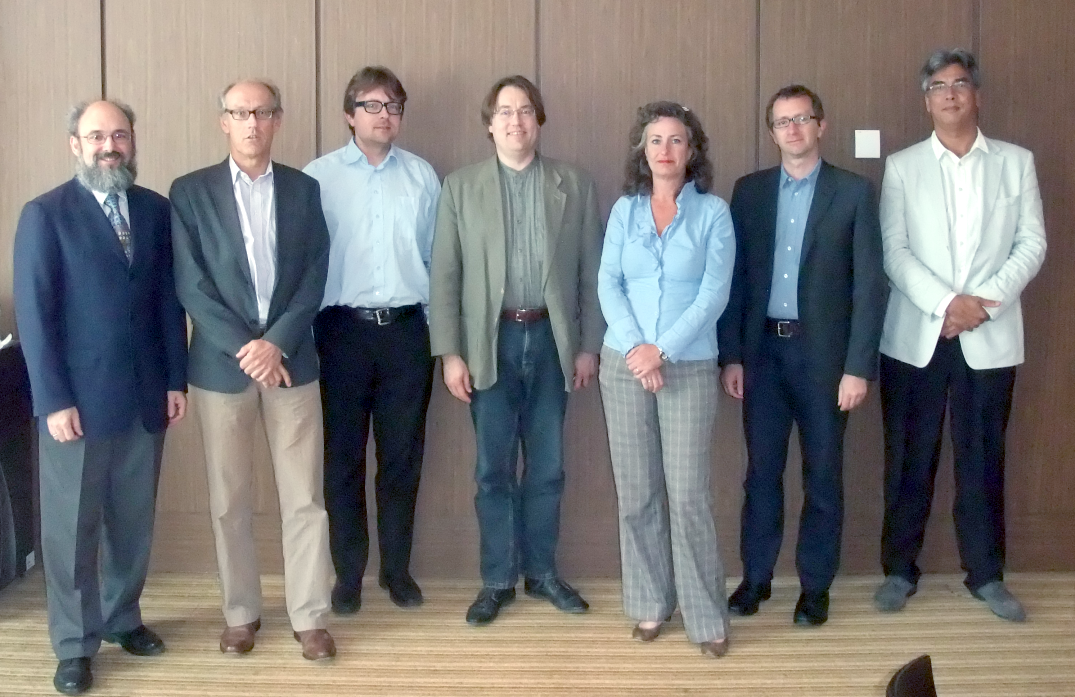
Since the beginning, OPF has been member-led. Our strategy aims to support our members’ digital preservation work through the development of open source tools, resources, and activities to support and grow the community. Having been a part of OPF from the very beginning, it’s been a pleasure to watch our community develop into what it is today. My top ten OPF highlights are:
This blog
Our community blog was launched with our website in 2010, and was one of the first of its kind in the community as it was open to everyone. The blog is a fantastic resource as it captures knowledge and experiences from people carrying out digital preservation around the world. We have welcomed contributions on a range of digital preservation topics from event reports and software experiments to discussions on formats, policies and collaboration. There is a grand total of 463 blogs so far and it is still going strong today. Take a read through some of the posts, or maybe write your own blog!
Hackathons
Back in the days when it was possible to travel and be within 2 meters of one another, the OPF ran regular face-to-face hackathons. The first took place in November 2010 at the International Institute of Social History in Amsterdam to help define requirements for OPF tools. OPF hackathons aim to bring users and developers together to advance a specific topic. This approach was also adopted by our projects including AQuA, SPRUCE and SCAPE.
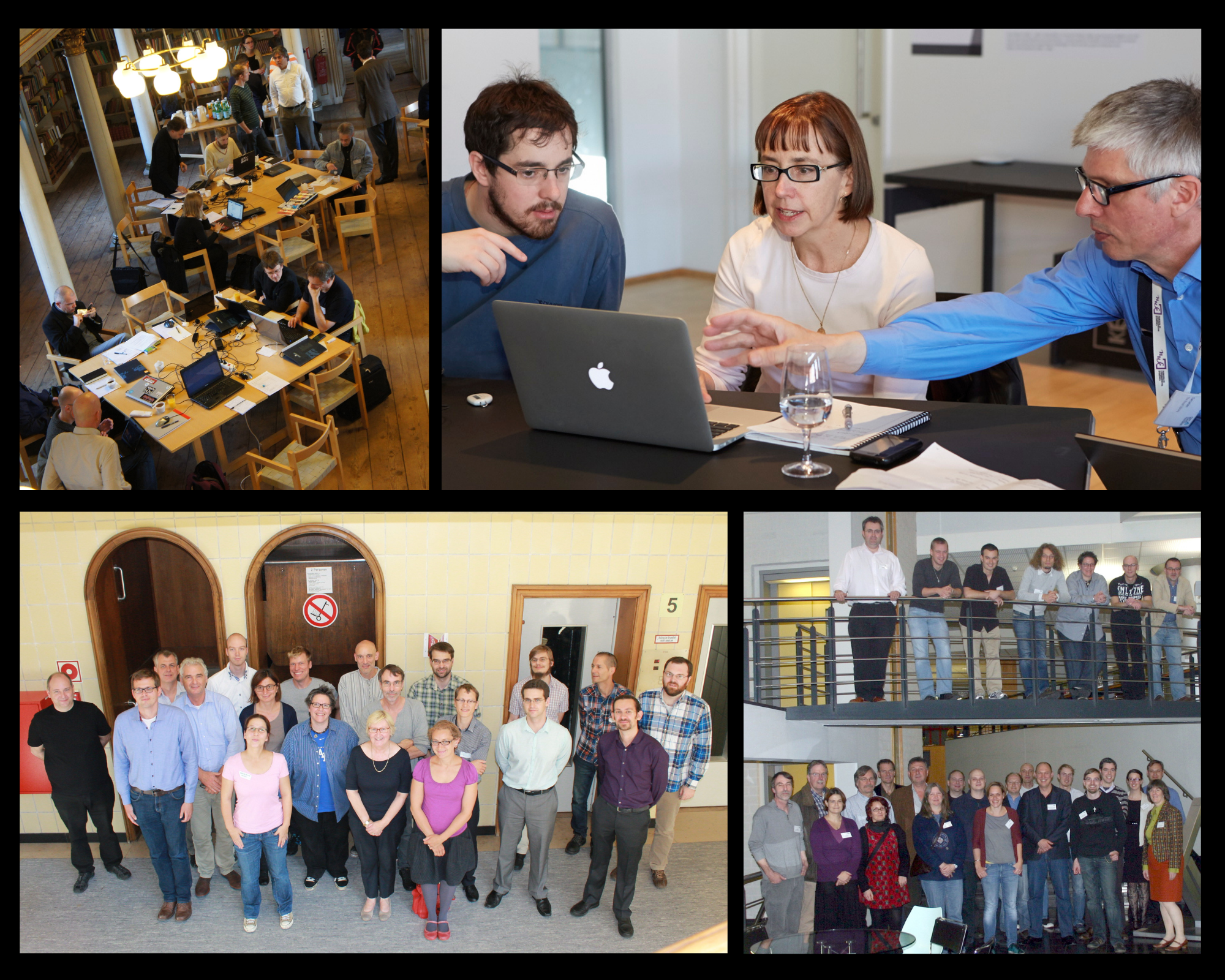
In 2016 we ran our first online hackathon to widen participation and reduce travel. The event focused on documenting JHOVE error messages. This work was driven by the OPF Format Interest Group who had been analysing JHOVE PDF and some TIFF error messages and adding them to the wiki, creating a knowledge base to help users understand error messages and associated risks. This hackathon resulted in capturing a huge number of error messages along with test files, helping to improve the software. We’ve since been improving and expanding our online hackathon format with our most recent event running for six weeks!
What I found good about the OPF Hackathons is that you can get your hands dirty with important digital preservation software. It gives you an insight into how the tools work. The welcoming atmosphere is also a big advantage, because sometimes the tasks are really technical, but you get great feedback in a gentle way. During the last Hackathon I analysed PDF documents on a technical level, which I had not done before. Now I understand how it works and I can use it in my job to better identify problems” – Sam Alloing, Digital Preservation Officer, Koninklijke Bibliotheek, The Netherlands
Webinars
Our webinar series began in 2012, long before the zoom bug swept across the globe, and to date we have run 75 webinars showcasing the work of our brilliant members and community. The live webinars are open to everyone and are increasingly popular – we have recently upgraded our capacity to 500 places due to demand.
We are currently working on our webinar schedule for 2021, so if you would like to present your work to the community we would love to hear from you – please get in touch if you have any questions.
Surveys
In the final year of the Planets project, the consortium ran a survey to ‘assess organisations’ preparations for digital preservation’. OPF has carried out subsequent member and community surveys which analyse many of the same themes, and it’s been very interesting to see how things have or have not changed as expected. As well as providing insights into how organisations are approaching digital preservation, they also influence OPF’s strategies to best support the community. As an example, the 2015 survey led to the adoption of JHOVE by OPF.
Reference toolset
OPF has adopted a number of open source products over the past decade from project prototypes to stand alone tools to give them a safe and sustainable home. In parallel, we have developed products and services, such as veraPDF, from the ground up. while also supporting members and the community who have developed their own tools. In 2018 we created the concept of the OPF reference toolset to bring the production tools together and demonstrate where they can be used in a typical pre-ingest / ingest digital preservation workflow.
We are very thankful to our product board for steering the direction of the toolset, and to the community for testing each new product release and providing feedback by reporting bugs and suggesting new features.
Interest groups and working groups
Our member groups provide a space for practical, collaborative work. As I mentioned above, the Format Interest Group was instrumental in the task to document JHOVE error messages. Our Archive Interest Group (AIG) has been dedicated to better understanding spreadsheets and their significant properties. The AIG won the ‘Best Poster Audience Award’ at iPRES 2019, and Lotte Wijsman won the ‘The National Records of Scotland Award for the Most Distinguished Student Work in Digital Preservation’ for her work on the stakeholder analysis in the AIG.
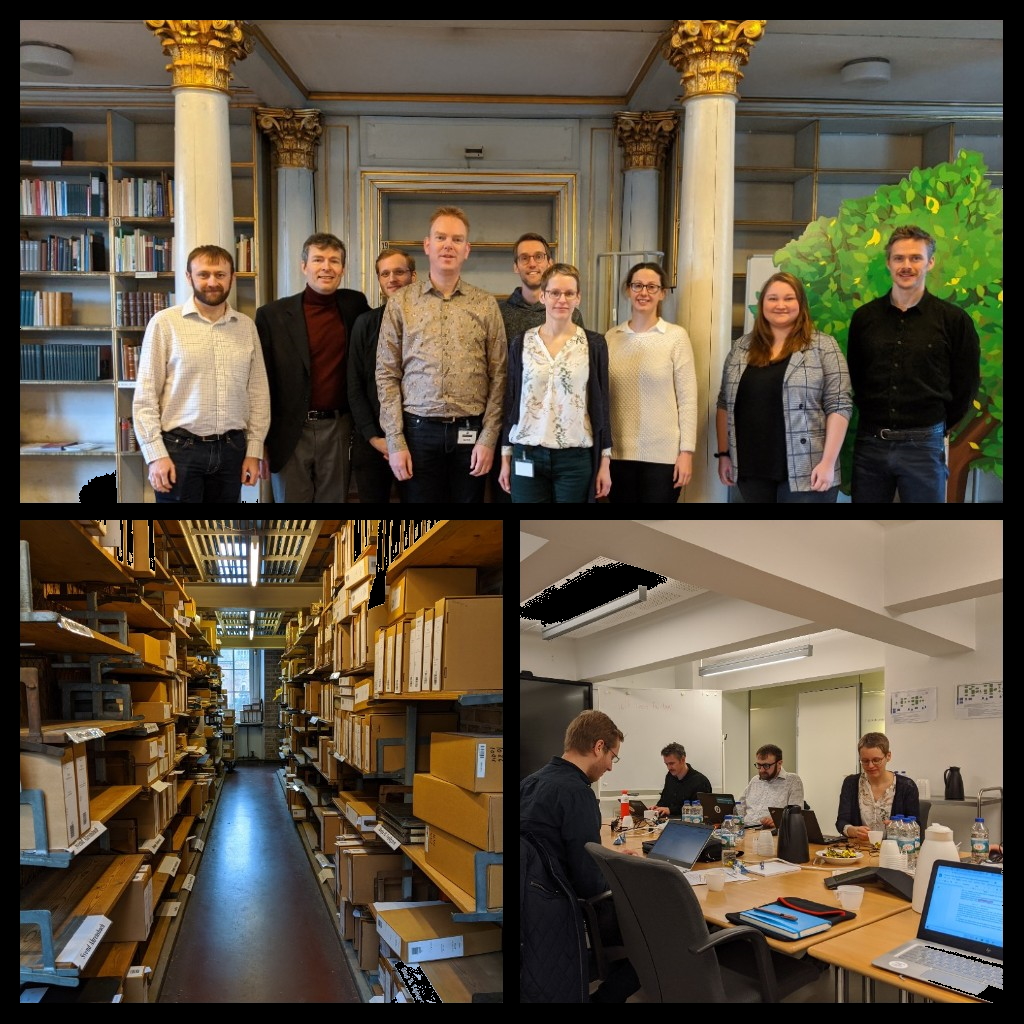
Most recently we have initiated a new working group to address diversity and inclusion in digital preservation. I’m looking forward to seeing how this progresses in 2021.
OPFCON
OPFCON was one of the most challenging but most rewarding initiatives I have organised at OPF. It didn’t take place exactly how I had imagined, but it was still a wonderful celebration of the digital preservation work from members, partners and the community over the past decade. I am very grateful to Charlotte and our member working group for their invaluable efforts to make this event such a success. We welcomed 241 attendees in 31 countries and received some lovely feedback from both contributors and participants.
Evolution of the Foundation
As the first member of staff, I have had a unique position to experience the development of the Foundation first hand. We’ve increased from two staff to a team of five, opened a second office in the Netherlands and our membership and community have grown significantly.
Community
I feel incredibly lucky to be part of such a welcoming and generous community that is constantly growing and evolving. Over the past decade, there has been ever-increasing participation in OPF activities, growing download numbers for our products, and new contributors to our open source projects from people and organisations around the world. This growth reflects that of the digital preservation landscape at large: each year, there are more and more people at conferences like PASIG and iPRES, new and exciting conversations emerging on social media, and contributions to the future of our field from different industries.
I’ve met so many wonderful people and always find it interesting to learn how they came to work in this field – no two stories are the same!
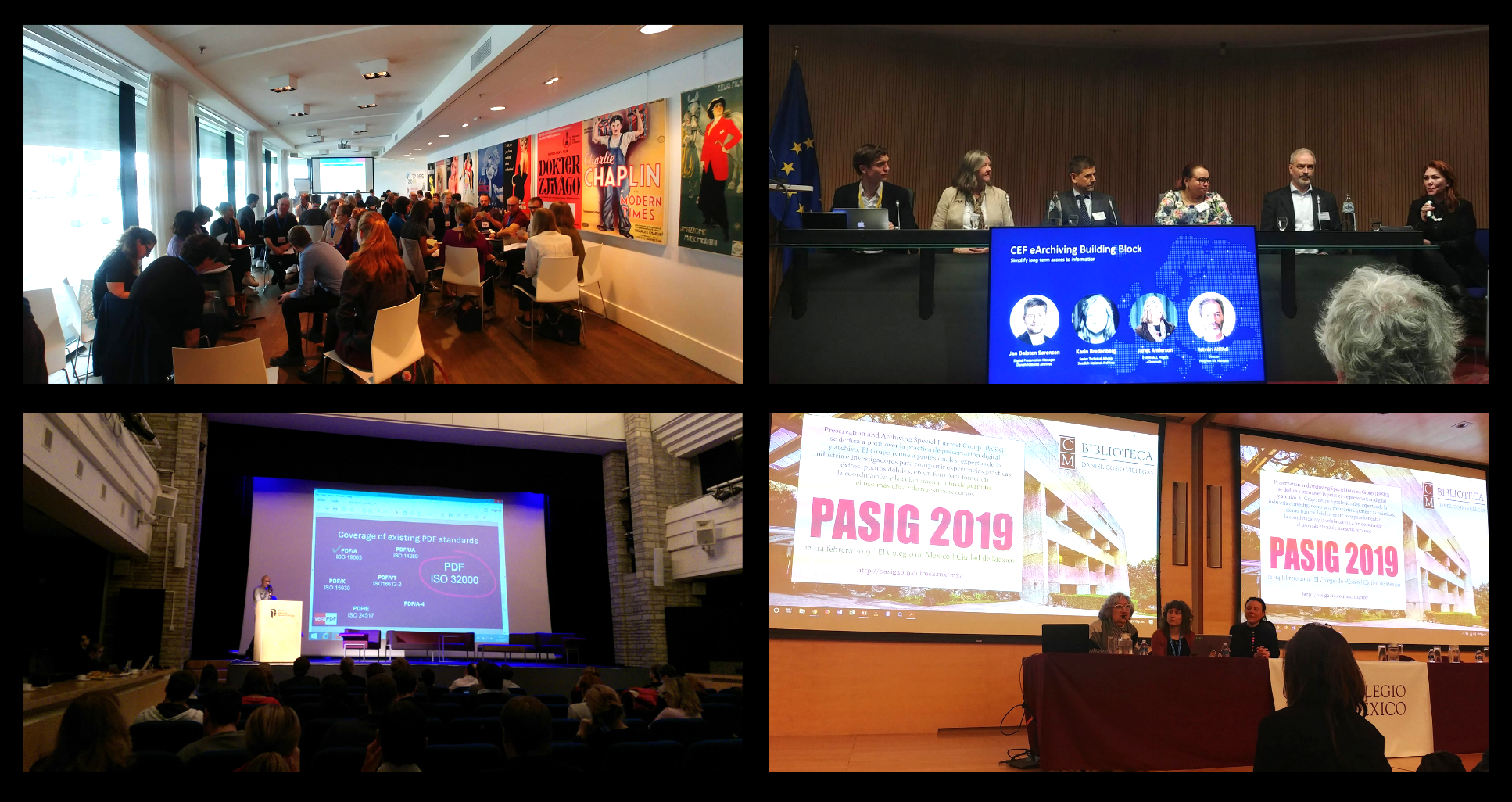
Members
I think I’ve saved the best ‘til last! Without our members, there wouldn’t be an OPF, and we wouldn’t be able to provide any of the things I’ve mentioned above. I really missed spending time with our members in person at our Annual General Meeting this year, hopefully we will be able to do this again soon. I’d like to take this opportunity to say thank you to all our members for their ongoing support and helping us celebrate our 10th birthday!
Learn more about OPF membership and how you can get involved.
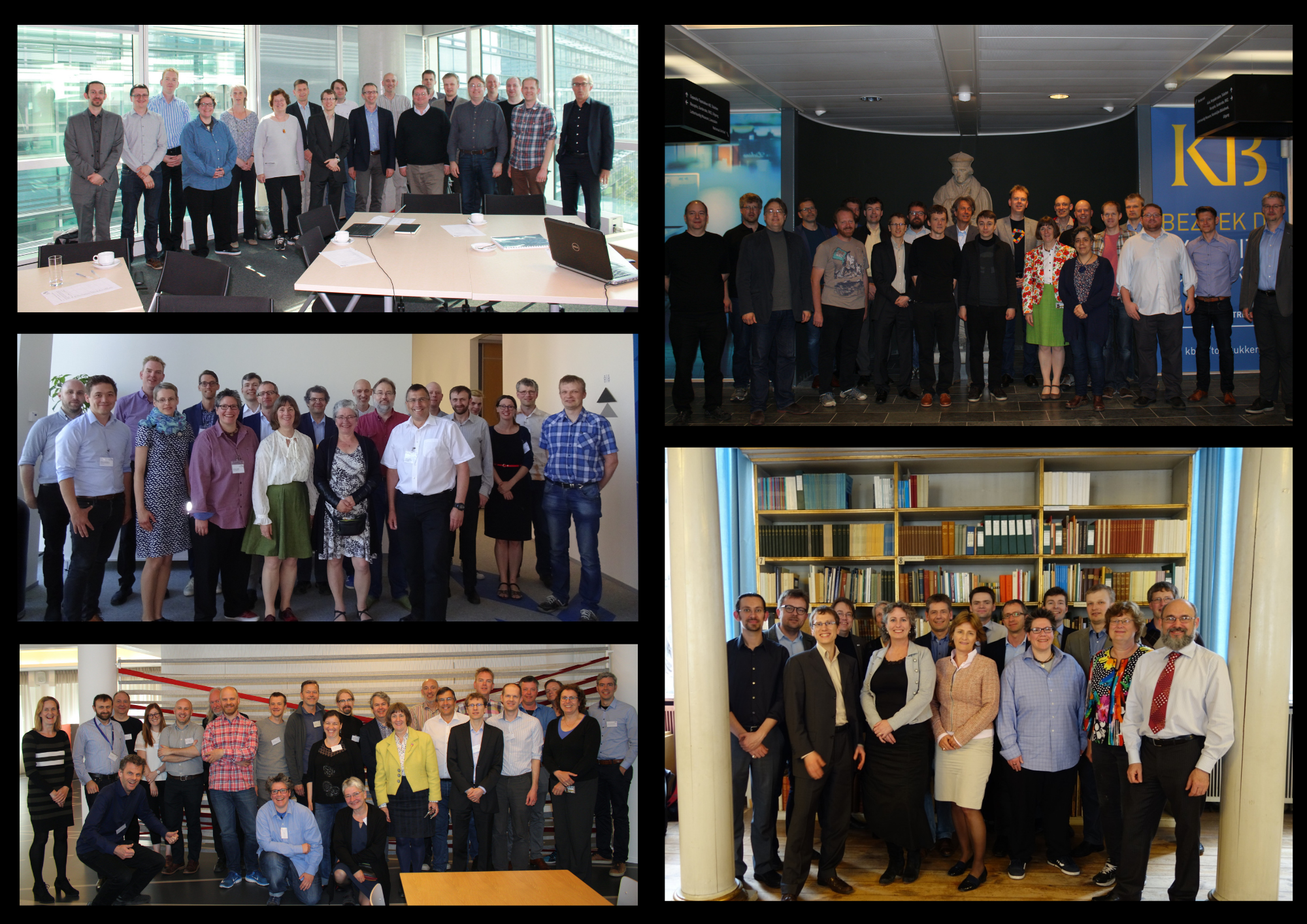
Despite a very different and difficult year in 2020, I am really proud of what the OPF team has achieved to celebrate 10 years of OPF and I am looking forward to seeing what the next decade brings!
If you have a favourite memory of OPF, please share it below in the comments, or tag the #OPFFestiveCountdown on Twitter.
